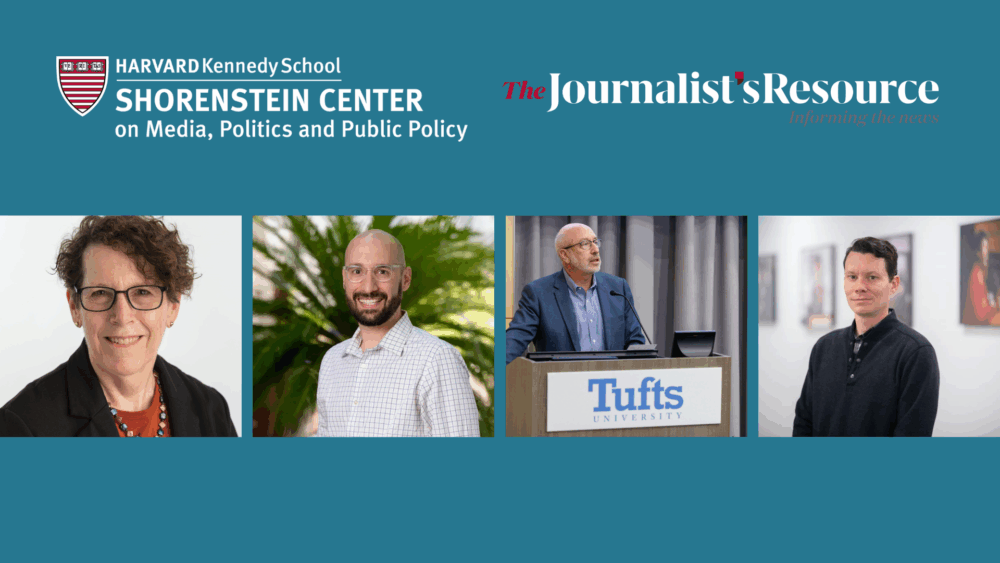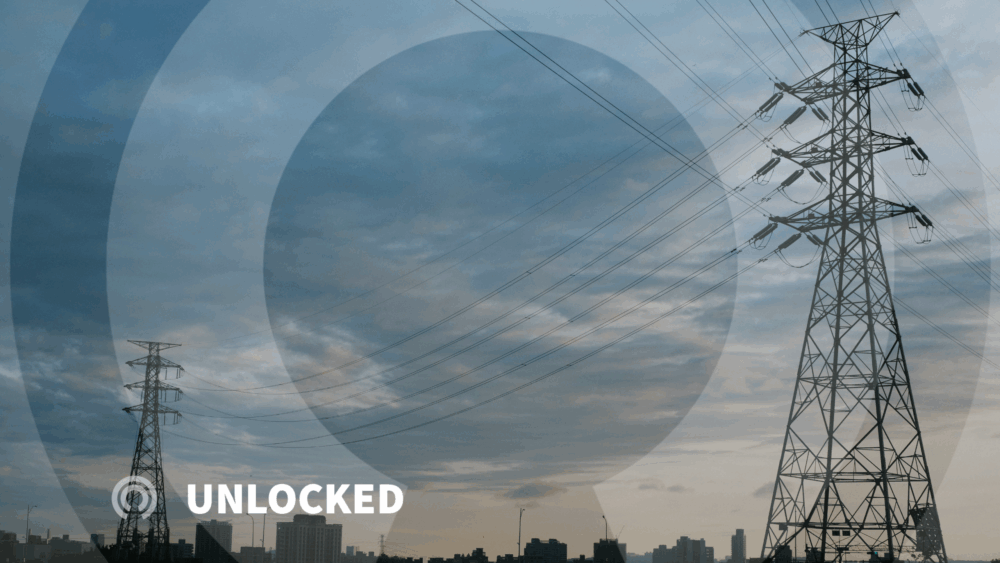
Videos
Regulating Social Media: America’s Global Communications Dilemma
Reports & Papers
Journalism, Media Business Models, Media Creation, Media Standards & Practices
 Renée Loth
Renée LothShorenstein Center Fellow,
Fall 2011
Columnist, The Boston Globe
Excerpt:
The problem of an ill-informed American citizenry is not new; Marshall McLuhan and Newton Minow were lamenting the mass media’s tendency to distort and distract 50 years ago, back when the Internet’s creative disruption was but a dream. But today, the media landscape is so mercurial it can hardly be charted on a map. It’s not so much Minow’s vast wasteland as a vast wilderness, with no guideposts, no gatekeepers, no filters, no boundaries.
The collapse of traditional news organizations has left consumers with spotty or unreliable coverage. According to Paper Cuts, a blog that tracks newspaper layoffs, 3,685 people lost their jobs at American newspapers in 2011, and 19 newspapers closed down altogether or converted to a web-only presence. This is mild compared to 2009, when the bottom fell out of the industry’s business model, 14,825 newspaper workers were laid off, and 112 newspapers closed.
In their place have sprouted a bewildering array of alternative news sources, some of them enriching in their depth and perspective, but many of them specious, trivial, or derivative. According to Blogpulse, a project of the Nielsen company, there were more than 179 million identified blogs as of December 10, 2011, increasing at a rate of about 100,000 a day. A mere fraction of them do any original reporting. In November, CNN laid off 50 editors and photojournalists, citing the increased use of its unpaid “iReporters,” or citizen journalists, who chime in on everything from the debt crisis to what they’re grateful for on Thanksgiving.
The Times-Picayune, at least, is a traditional news operation with standards and disciplines that slipped under pressure. But many of the new information generators — operating in a culture of radically blurred boundaries between news, entertainment, propaganda and advertising — don’t practice those disciplines at all. Instead, they depend on the so-called wisdom of crowds to correct any errors (Wikipedia) or are driven by an ideology that all information must be unmediated and free (Wikileaks). If these popular sources of news won’t verify their assertions, be transparent about where their interests lie, or stand behind the accuracy of their reports, ordinary citizens can get lost in the thicket.
The great promise of the Internet is its democratizing effect, enabling countless diverse voices to be heard. But the Internet also promotes a culture that is dismissive of expertise, because anyone can be his own lawyer or car mechanic — or journalist — with a few clicks of the mouse. The distrust of experts (or the sneering synonym, “elites”) afflicts many industries, but it extends to the news media in spades.
The biannual Pew Research Center survey on attitudes toward the press found public trust at record-breaking lows in 2011. From 1985 to 2011, the survey found that respondents who believe “in general, news organizations get the facts straight” fell from 55 to 25 percent, and those who agree “stories are often inaccurate” rose from 34 to 66 percent. Younger news consumers are even more likely to read traditional news sources with a jaundiced eye.

Videos

Videos

Explainers, Podcasts, Videos